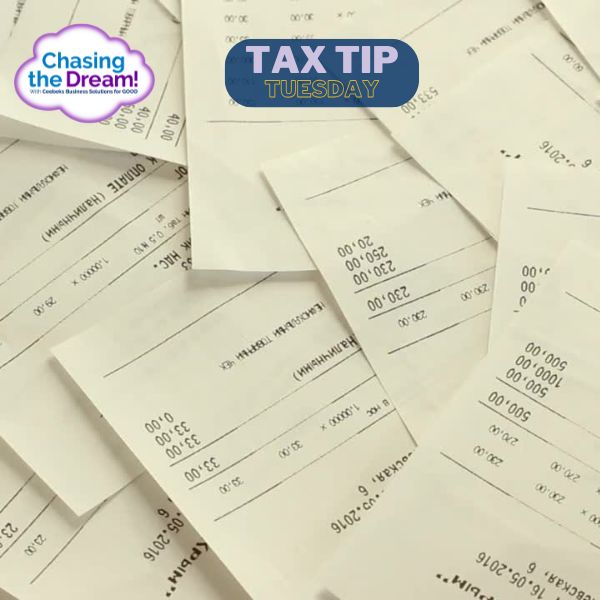An Exchange Traded Fund, or ETF, is a type of investment fund that can be bought and sold on a securities exchange market, much like shares. An ETF can hold assets such as shares, commodities or bonds. ETFs usually track the performance of an index, giving investors access to an instantly diversified portfolio. ETFs are open-ended funds, meaning investors have the flexibility to buy or sell shares at any time. The premise of an ETF is that you are buying into a selection of companies in one hit, rather than individually picking each company to invest in. The value of your investment is driven by the underlying asset value and general market sentiment. They are one of the most rewarding forms of investment for everyday investors. Fund managers often employ positive strategies, such as diversification across asset classes, and the funds derive both income, through distributions, and growth, through increasing asset value, making them a great way to reap your investment rewards.
What are the advantages of ETFs?
- ETFs can be managed as a passive investment, which is cost effective and your returns will more than likely match the market.
- Using ETFs as part of an actively managed portfolio can assist with reducing costs and enhancing portfolio diversification.
- ETFs are a good way to gain exposure to international shares and foreign currencies. For an investor looking to avoid volatility, the risk from currency movements needs to be understood before proceeding with an ETF.
What are some of the possible risks of ETFs?
- Market liquidity – Some ETFs offer exposure to investments such as small companies, emerging markets or commodities that may be harder to sell in certain circumstances, or more complex and volatile than ordinary company shares. This could increase risks for investors.
- Currency risk – If the ETF tracks overseas assets, changes in the value of the Australian dollar may also affect the value of your investment. Some funds may be ‘currency hedged’ to reduce this risk.
- International taxes – When you buy units in an ETF located in another country (but also traded on an Australian market) foreign taxes may apply. For example, if you buy units in a US ETF, US estate taxes may be payable when you die.
- Fixed income ETFs – Fixed income ETFs aim to replicate the performance of assets such as bonds and debentures. The value of the underlying assets may rise and fall, which means the price of the ETF can also rise and fall. The secondary market for corporate bonds may be less active than the market for ordinary shares, making it harder for the ETF issuer to sell its bond investments
What do you need consider before getting into ETFs;
- Liquidity – Is there an active market for the underlying investments? You may be more likely to get a fair price for your ETF units if the underlying assets are traded regularly.
- Derivatives – If the fund uses derivatives the risks may be higher.
- Fees – Make sure you are aware of all the fees, including buy-sell spreads, as higher fees may reduce your returns.
- Tax – How will the ETF returns be taxed?
- Net asset value (NAV) – Does the price you’re about to buy or sell match the NAV quoted by the ETF issuer?
- Product – Make sure you buying an ETF. Some other exchange traded products look like ETFs but may have much higher risks.
- Market – Are you buying a product on an Australian market? Products traded on a market in another country may not have the same rules and protections.
- Index – Is the index being tracked provided by a reputable index provider? If you’re not sure then consider getting advice from a qualified Financial Advisor.
Give us a call if you have any questions about ETFs or want to learn more about investing! We are always happy to discuss your investment plan over a barista-style coffee or gourmet tea.
General advice disclaimer
The advice provided is general advice only as, in preparing it we did not take into account your investment objectives, financial situation or particular needs. Before making an investment decision on the basis of this advice, you should consider how appropriate the advice is to your particular investment needs, and objectives. You should also consider the relevant Product Disclosure Statement before making any decision relating to a financial product.
Only lending advice provided by CeebeksTM Financial Solutions is associated with Outsource Financial Ltd Credit Representative 396061.
Chris Beks is a director of CeebeksTM Financial Solutions and a Credit Representative (credit representative no. 396061) of Outsource Financial Ltd Limited ABN 42 131 090 705; Licence Number 384324 an independently owned and operated Aggregator, and is authorised to provide personal credit advice. For more information you can read our Credit Guide, or contact us for more information on our available services.

